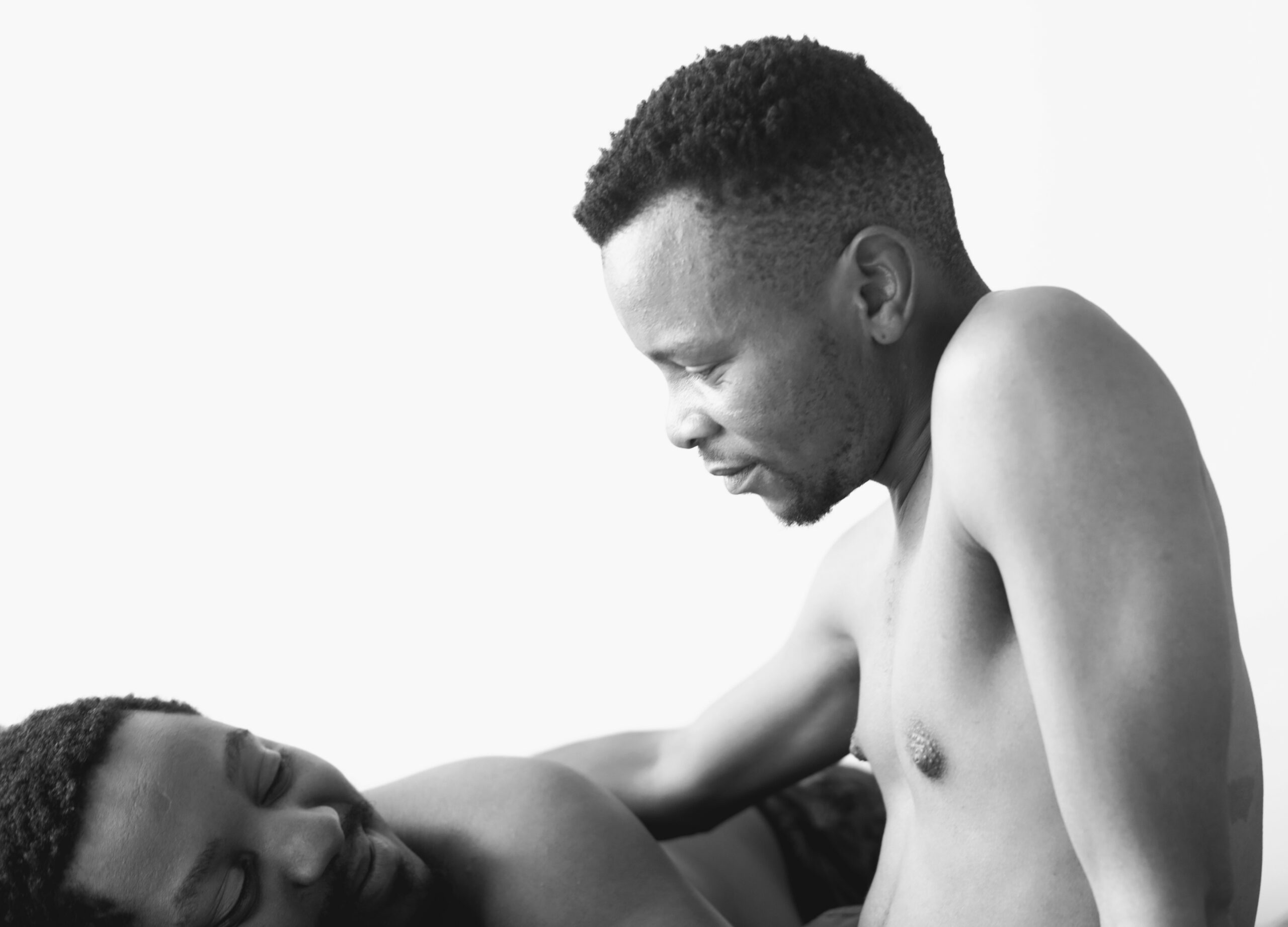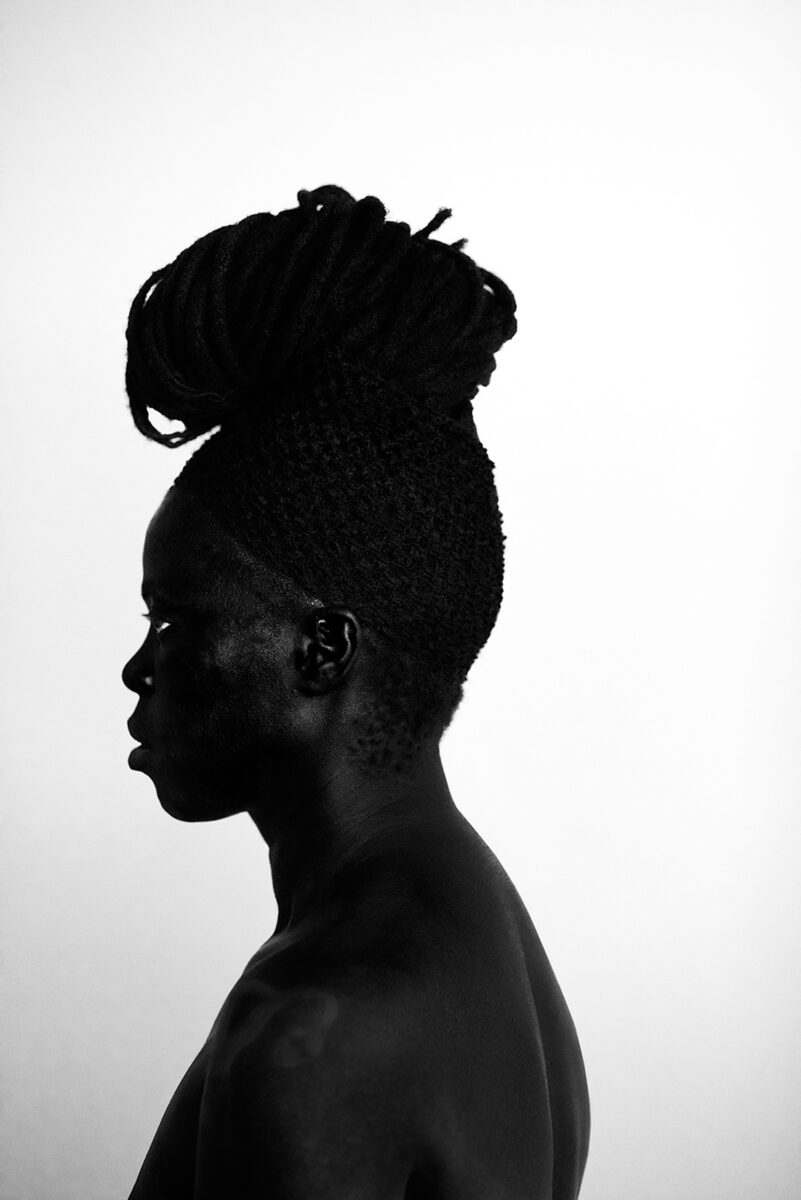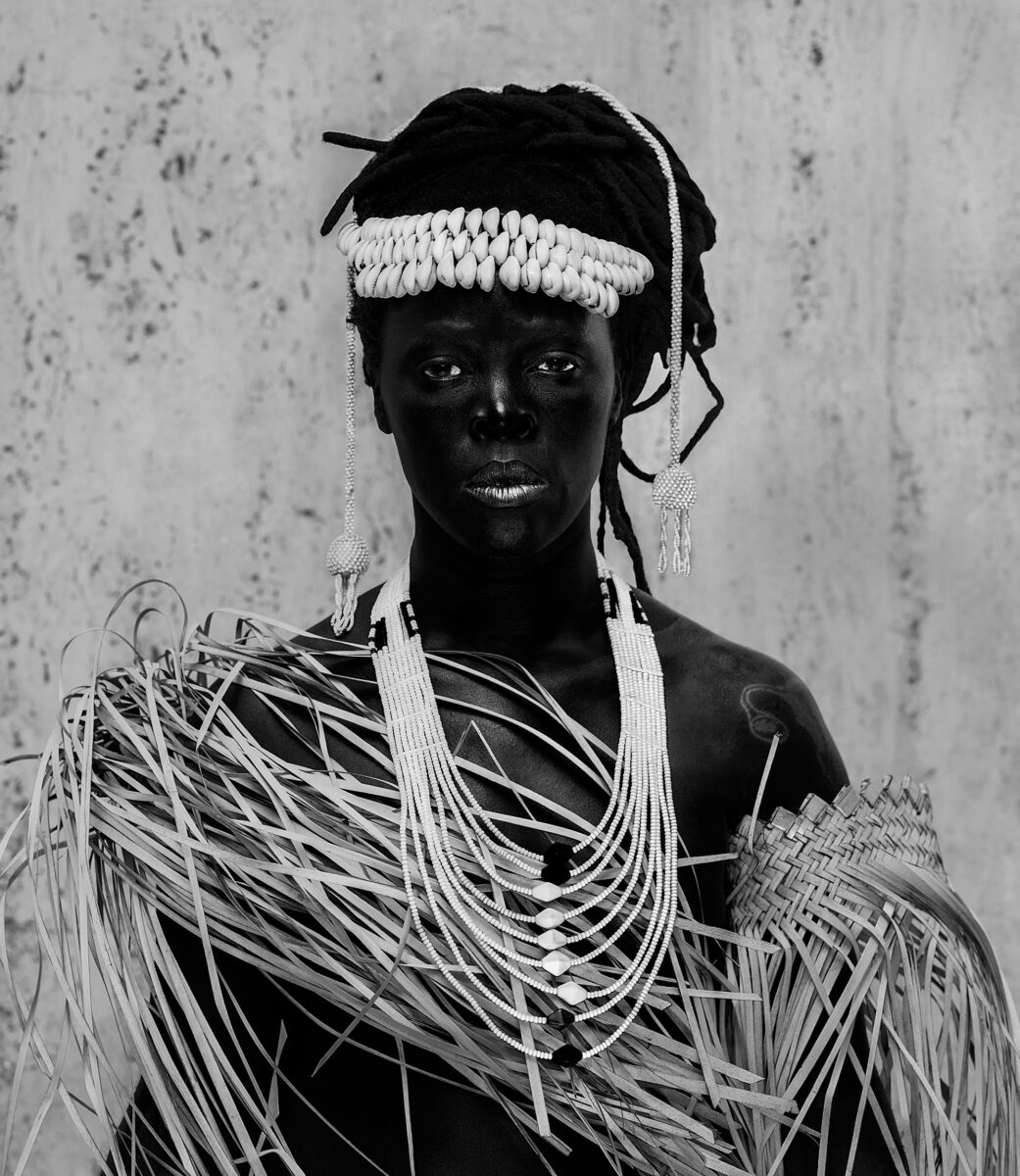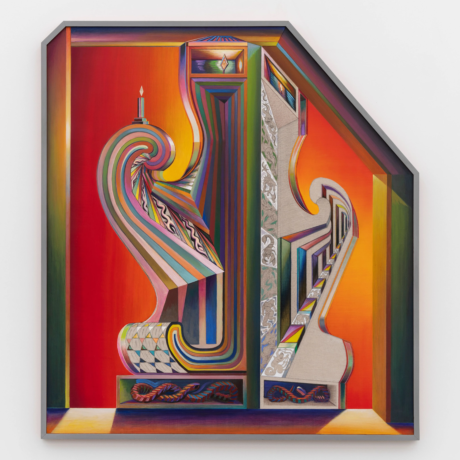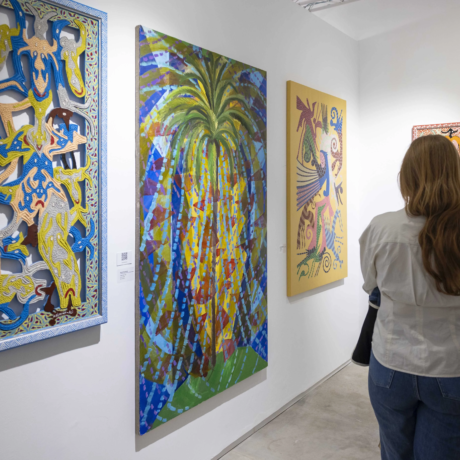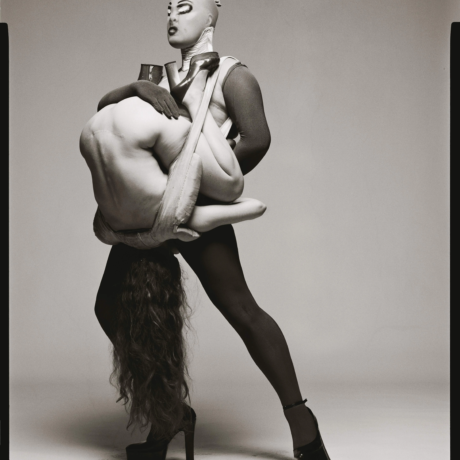San Francisco – Zanele Muholi discovered their love of photography when they first began taking portraits of their community. This is how their artistic practice began. Today, Muholi is passing that same community the camera.
One of the most important contemporary photographers, the visual artist has revolutionised how queer identity is represented in South Africa. Their practice, which uses photography as a tool for education, activism, self-expression, and a system of care, has paved the way for a new generation of South African photographers.
“We must use our visual histories and stories to educate, to disseminate, and to make sure that other communities out there get a sense of what South Africa is all about,” they say. Muholi is always immersed in art and their community; they have two concurrent eponymous solo shows, a third that recently closed, and a group show titled Sanibonani (a Zulu greeting) at Jonathan Carver Moore Gallery in San Francisco that features their work alongside five artists from the Muholi Art Institute. “With Sanibonani, we are greeting you to say ‘we are here,'” says Muholi. “We cannot depend on the mainstream,” they add. “The mainstream has its own duties and responsibilities. We have to ensure that our voices are heard.”
The visionary artist has been a powerful force in contemporary photography for the past two decades, from their early ongoing series Faces and Phases, documenting Black lesbian and queer identity, to Somnyama Ngonyama, a continuous series of powerful, stylized self-portraits that subvert the mainstream media’s objectification of Blackness. Here, Muholi reclaims the gaze: in their self-portraits, they are the model, the hair stylist, the set designer, the lighting director, and, of course, the photographer, transforming themselves with pointedly editorial and one-of-a-kind images.
Their intimate photographs are a radical act in the face of South Africa’s high rates of femicide, ongoing gender-based violence, and the systemic marginalisation of the LGBTQI+ community. “I have been saved by a group of Black women in my life who have contributed a great deal to what I do,” they say. Now, they are paying it forward. “My mission is to make sure that we have a lot of photographers. The queer community in South Africa needs to be documented in order for the world to be well informed.”
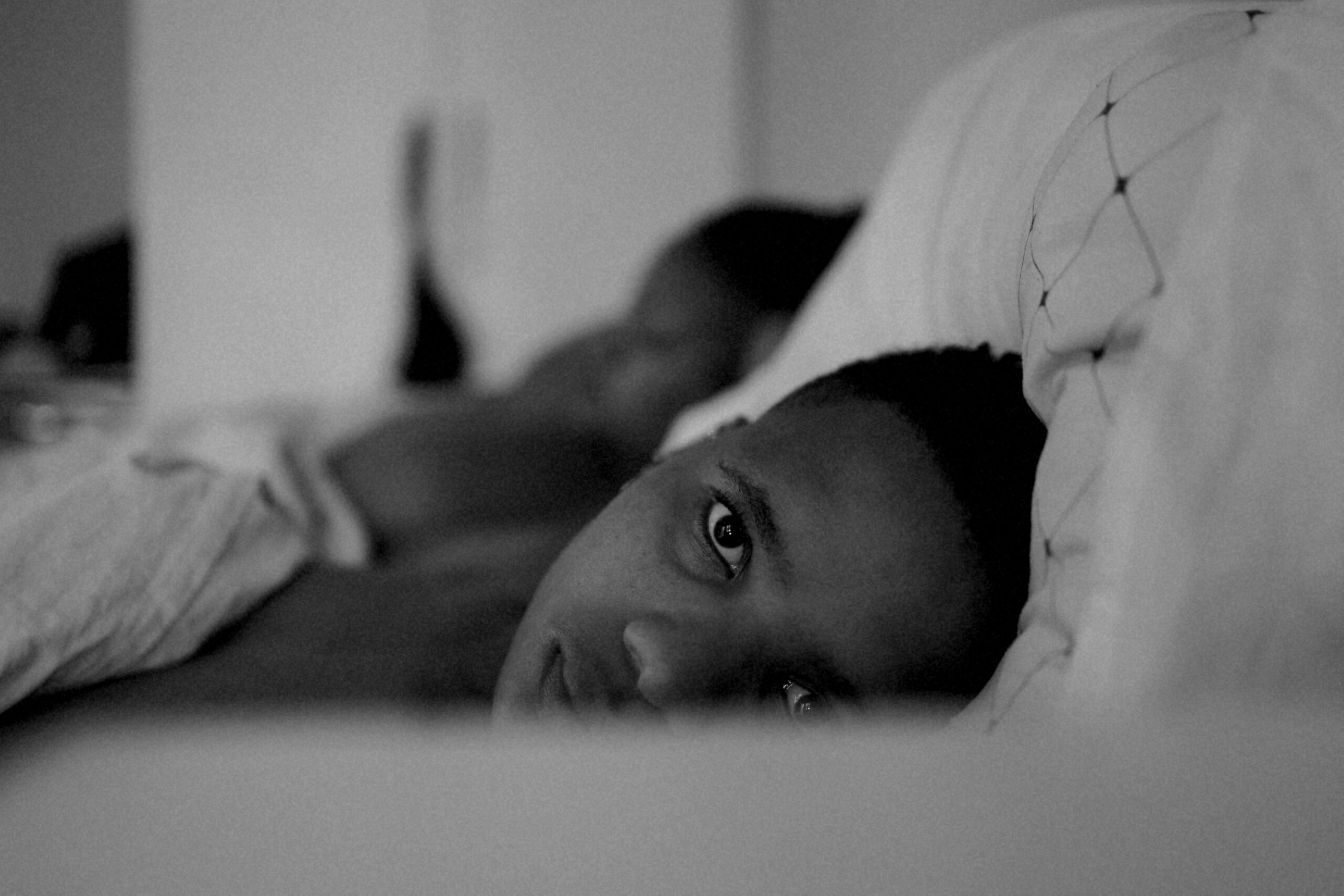
When they first started out, there was little to no visual documentation of the queer Black community in South Africa. Now, artists like Lulu Mhlana, Collen Mfazwe, Ngiphile Nkosi Buthelezi, Mellisa Mbambo, and Sipho Nuse (all featured in Sanibonani, which runs until August 5) are adding to a new and compelling archive. These young Black queer photographers are following in Muholi’s footsteps by boldly and tenderly giving visibility to their community and redefining South Africa for the world. Their works underscore and challenge the long and troubled history of photo archiving conducted by outsiders, namely the white male explorer trope.
The group show at Jonathan Carver Moore is the first time Muholi and the young photographers have exhibited together outside of South Africa. Here, Mfazwe’s four self-portraits provide a poignant and tender portrayal of their transition. In Chulumanco, 2022, the trans activist and artist relaxes on his back, nude, facing the viewer, the scars from his top surgery centred in the frame. In Abalele, 2022, he holds his pre-transition passport to the lens, obscuring his face (save for his goatee), which appears to be standing strong, staring out into the future.
In Ncese II, 2023, Sipho Nuse is cloaked in a white blanket with red stripes; his bare arm is covered in clay that he has rubbed over his body. He crouches on the cracked, sand-coloured dirt with a stare that is both defiant and vulnerable. Nuse’s three self-portraits tell the story of a traditional and potentially fatal coming-of-age initiation (also purported as a cure for queerness) where young men are taken out to the wilderness and circumcised without anaesthetic. A stigma around speaking about the risks of this ritual stops many young men from speaking out, says Nuse. Muholi mentored the young photographer and created a safe space for him to explore the darker side of his experience. Nuse credits Muholi and the queer community they are both a part of for allowing him to express himself freely. “It has been a saving grace for me. There is no judgement. I can make art and live my life and be who I want to be. I don’t need to pretend or live a fake life,” says Nuse. “We are trying to change the world as much as we can with the world that we create.”
“The photographers I train become the future generation of trainers. They pass the knowledge to their surroundings and their communities.”
In Cape Town, Muholi and their tight-knit queer activist community have created a safe and nurturing space. However, backlash from the right wing has threatened to destabilise that mission for change, Muholi tells me. “In South Africa, you have trans people who are fighting for their rights and have been silenced for many years,” they say.
Muholi’s activism extends beyond their art to the numerous initiatives they have led that uplift their community. In 2002, they co-founded the Forum for Empowerment of Women, and in 2009 they established Inkanyiso, a forum for queer visual media. They became an Honorary Professor at the University of the Arts, Bremen, in 2013. Most recently, they opened their eponymous art institute in late 2021 — a large spacious community and art centre in Cape Town where local artists convene to share their work, attend photo conferences, put on exhibitions, and host events.
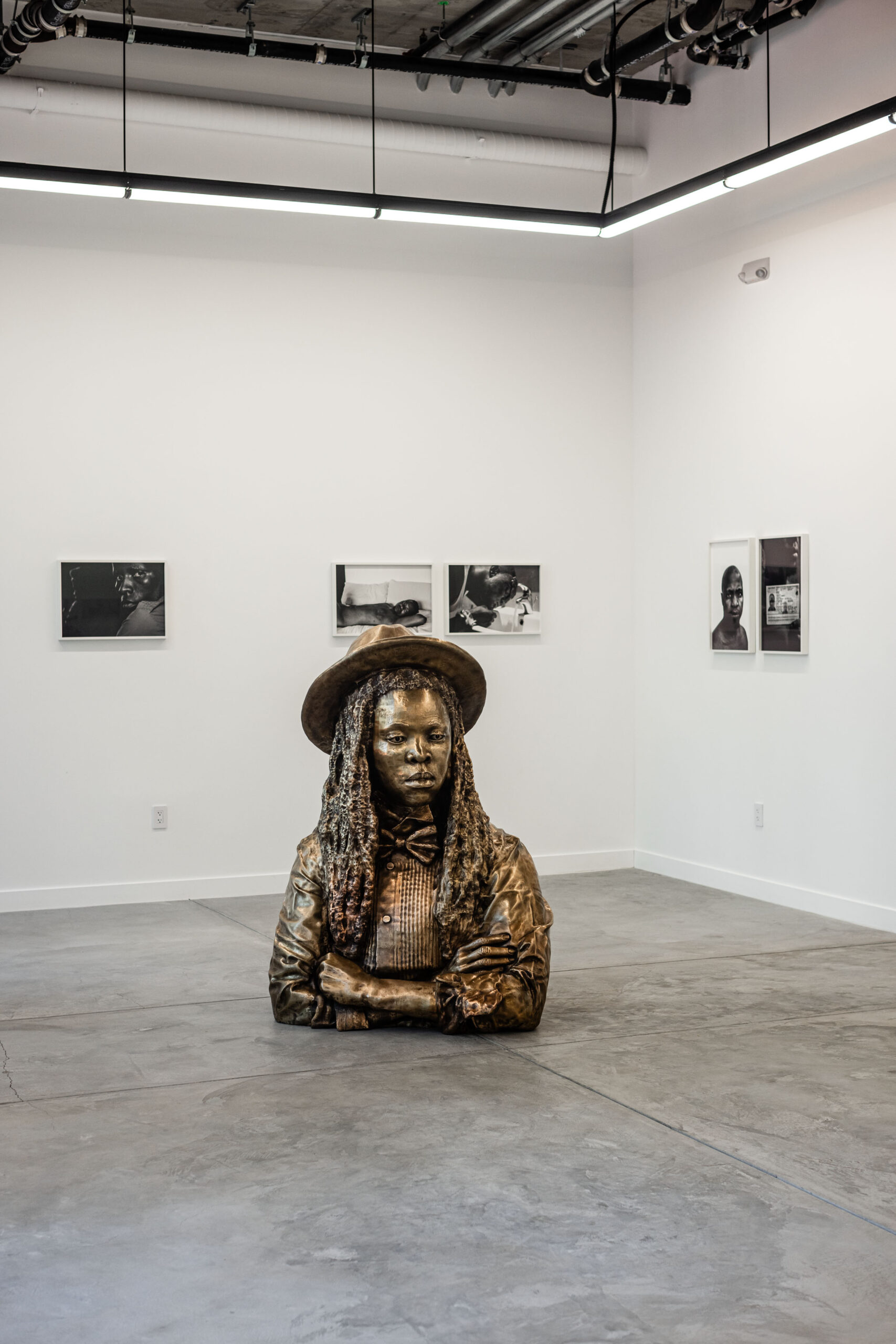
Then, there is also Muholi Productions and a scholarship program that they started ten years ago for young photographers to attend the Market Photo Workshop. The latter covers students’ tuition and expenses to attend the school of photography founded by David Goldblatt, the late world-renowned South African photographer who captured life during the apartheid and mentored Muholi early on in their career when they studied at the Market Photo Workshop in 2003. They had their first solo show a year after and earned an MFA in Documentary Media at Ryerson University in Toronto in 2009. Over the years, giving back to their community has been a throughline in their practice.
“I’m doing this because somebody gave me a chance and opportunity to study,” they explain. “The photographers I train become the future generation of trainers. They pass the knowledge to their surroundings and their communities.” They are creating an ecosystem of care grounded in sharing resources and knowledge. Muholi’s colleagues and former students lead educational programs from the Eastern Cape of South Africa to Auckland to San Francisco to Chicago. “It is okay for us to teach with what we have produced,” they tell their peers. “We don’t need to wait for scholars and other experts.” No matter where they are, their mission remains the same: to foster a new generation of photographers in Black communities. “This is a creative practice that is needed all around the world,” they assert.
“We must use our visual histories and stories to educate, to disseminate, and to make sure that other communities out there get a sense of what South Africa is all about.”
“Everybody has a role to play. Everybody has something to give, to give back to the community that we all belong to. If we say that we want to see a better South Africa, it means that we have to do something about it and make a difference in ways that we know how,” they emphasise. Whenever Muholi exhibits their work, they see it as an opportunity to educate the world about their community in South Africa.
Their titular exhibition at the Southern Guild in Cape Town (which runs until August 17) occupies the entire space and features a range of new works, from large-scale bronze sculptures to new self-portraits from their ongoing series titled Somnyama Ngonyama. Their second solo show, also titled Zanele Muholi, at the Kunstmuseum in Lucerne, Switzerland, is not only Muholi’s first comprehensive exhibition in Switzerland, but it is also the first time there has been a show featuring a Black queer artist in Lucerne in the past twenty years. It runs until October 22.
“The whole point is to create a new dialogue,” they say. ‘That’s what I’m doing with this approach to photography and this approach to being seen — not being seen alone but with members of my community. Together, we are changing how the world sees us.”
Words by Meka Boyle
